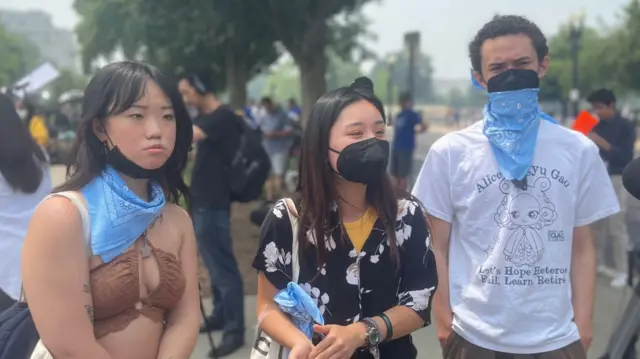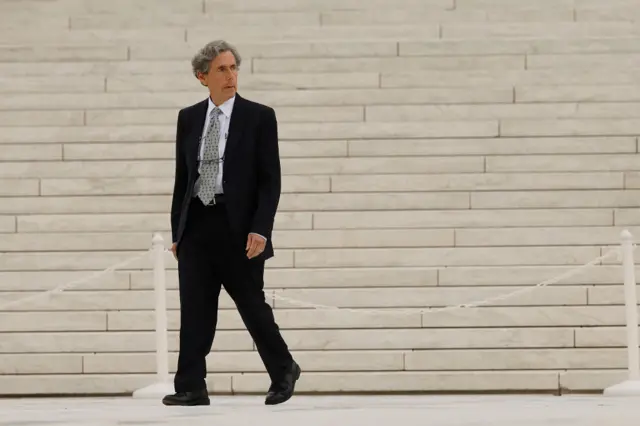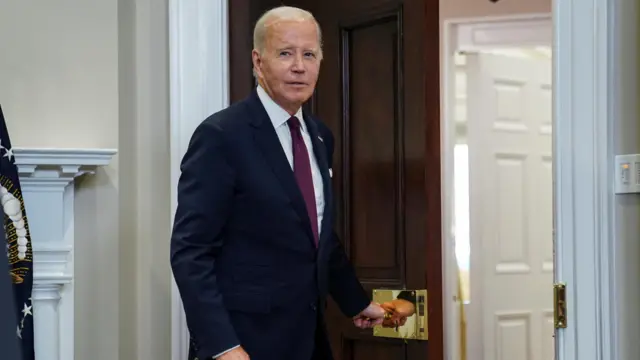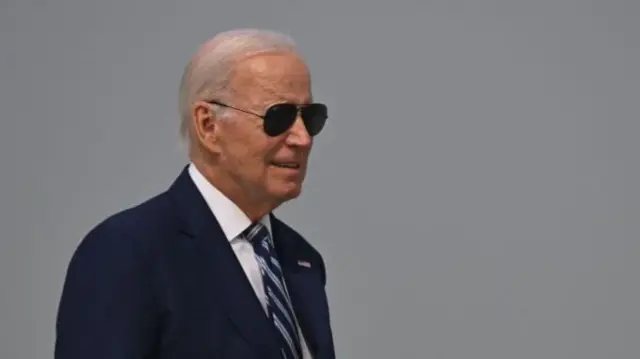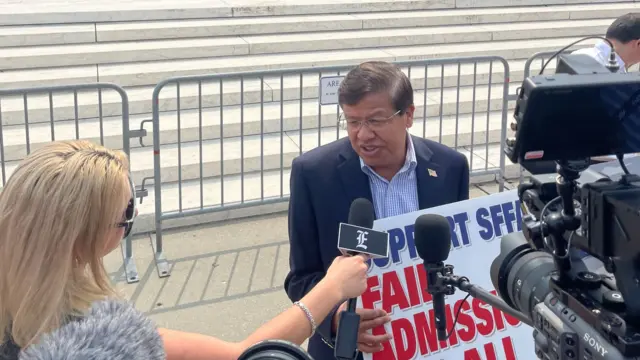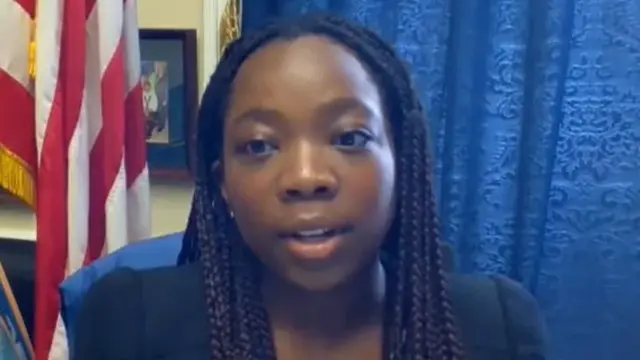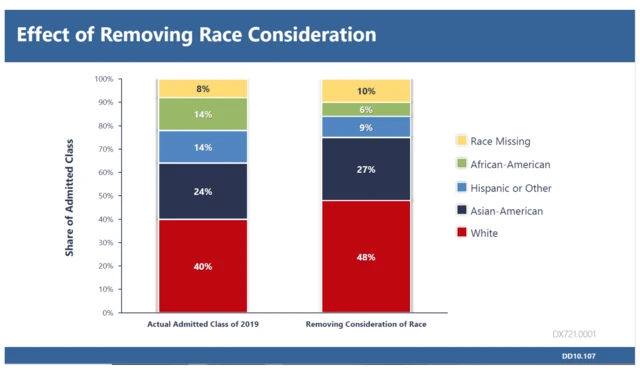Thanks for joining uspublished at 18:56 BST 29 June 2023
We are ending our live coverage. We'll be back tomorrow with the Supreme Court's final rulings for the summer session.
You can read the latest on the affirmative action ruling here.
This page was brought to you by Brandon Livesay and Marianna Brady, with Adam Durbin, Kayla Epstein and Sam Cabral writing. Jessica Parker and Holly Honderich reported from outside the Supreme Court.

